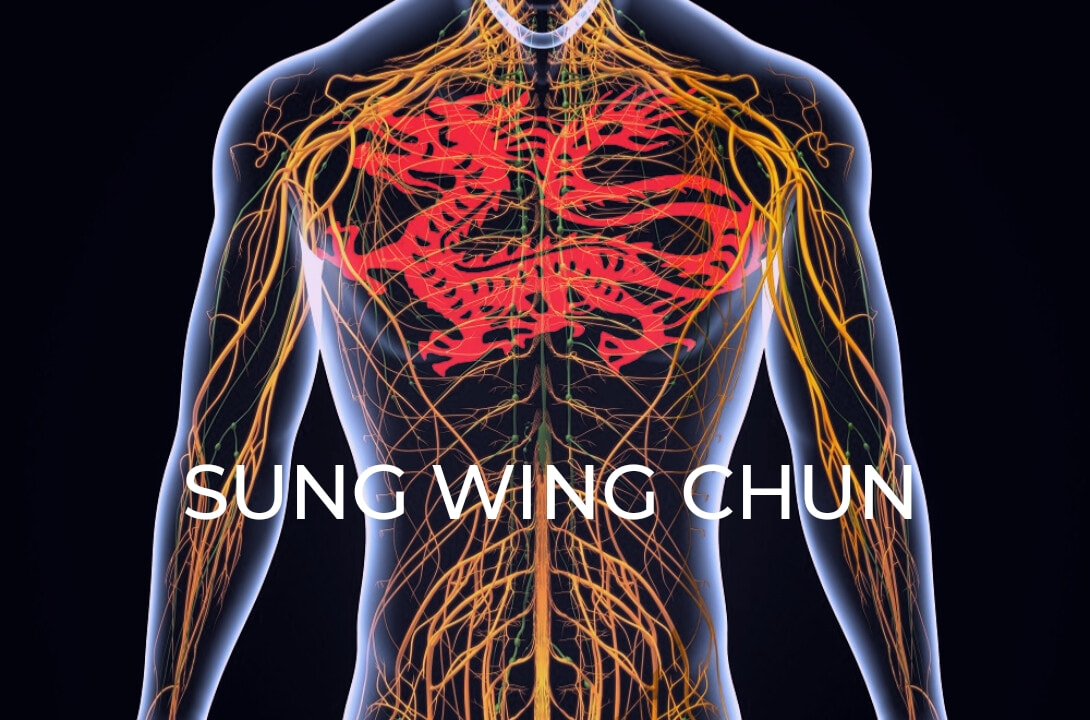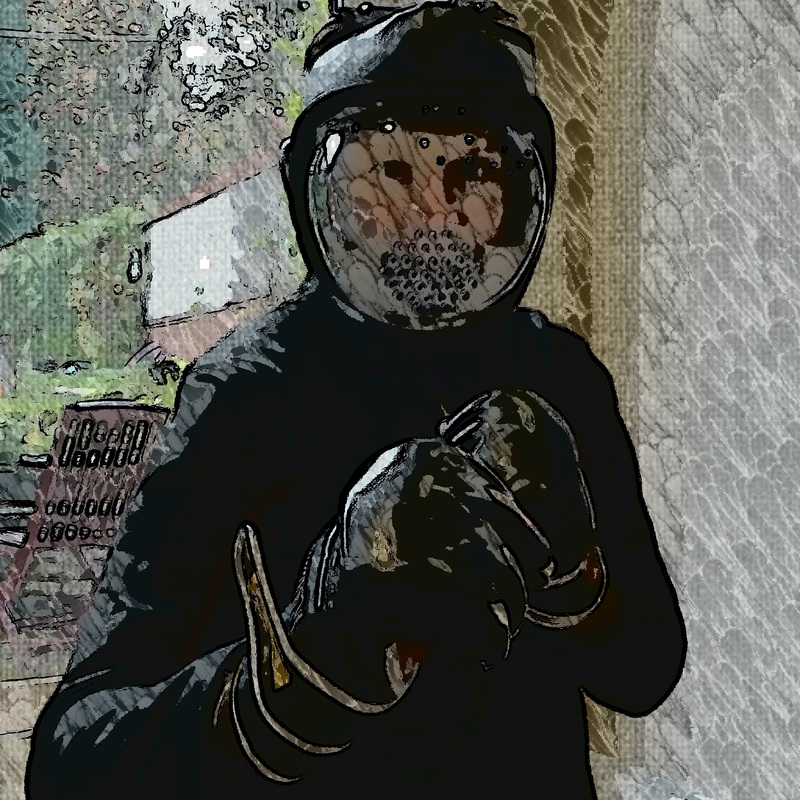Shine a light or Cast a Shadow?
10/26/2016
If Chu Shong Tin's ability where compared to a tree, he was a Giant Redwood. He towered over those around him. Some chose to ignore him, but those who recognised his ability where soon to drawn to him in awe. Such an chasm in ability for students however can leave a shadow which is hard to get out of. Trying to emulate something you are not (yet) can be frustrating and draining.
Chu Shong Tin had two options, he could could stand with his back to the sun and always leave his students in the dark, show only his best side, or he could move aside and let his students shine. The former is what the majority of teachers do; do you ever see them on youtube let students win, or set them up so they are more powerful? There are now thousands of videos of Chu Shong Tin availabe where he is not only demonstrating unstoppable power but also giving hands on guidance to his students so they could learn to do what he did. I have huge respect for Chu Shong Tin's students, people like Nima King. They have devoted their lives to wing chun. I also understand how difficult it must be to live up to the great expectations they have in themselves, even in death his shadow still falls long. I hope that his ethos of training is evident to our students at Sung. It is not just 'look what I can do, isnt it great', but 'look what what the human body can do, look what YOU can do'. Humility comes from the fact that we understand how great we can be as human beings, but our own individual issues get in the way of ourselves achieving. Training for me is about getting out of the way of ourselves, finding clarity and harmony with body and mind. Shine a light on your potential.
0 Comments
Is Wing Chun a Striking Art
10/7/2016
Everyone has heard the saying, to win the battle but lose the war. Last year Turkey shot down a Russian bomber, they may have felt a sense of victory for a few seconds, but quickly realised that hitting a soft target can leave you very vulnerable to retaliation. Especially if the opponent is bigger, stronger and meaner.
I can imagine that in almost every wing chun club in the world the same scenrio plays out. A guy from another school attends, they get a chance to try out chi sau with a regular student and a familiar pattern of escalation occurs. There is the preliminary few rolls, followed by a tit for tat exchange with increasingly harder hits. Unless there is a big difference in abliity neither party is particually happy, one complains the other 'took cheap shots 'and the other that 'he kept grabbing', etc. Because I practice with everyone in the club I know how potentially powerful some are. I have enough ability to get lots of cheap shots in on Daz say, but I know that if I leave a small gap and he steps out of the chi sau bubble, he has enough physical power to knock me out. I have seen Mark act as the patient teacher with students over the years, providing them with gaps and allowing them space; letting them feel they have a chance. Being a good guy he will not spring the trap he is setting but for me I know that there is one. If I try to enter that apparently clear zone his whole body mass will be on he and i will be pinned to the wall before I can blink. Exchanging blows with a stranger in chi sau is not always a good idea. The aim of wing chun is to put the opponent in a position that they no longer offer a threat to you in as quick a time as possible. In reality I will take your cheap shot, lock you up, destabilise you and if necessary smash you into the wall etc. Wing Chun is boxing, it is grapping, it can be throwing; it is the quickest least risk option of defence. A few months ago I saw footage of experienced wing chun guys chi sauing with relative strangers as part of the Chinese New Year celebrations. Clearly the skill level was better, but time and again there was a failure to appreciate the size of the stranger, the potential power they could create and their capacity to 'cheat'(grap, push, pull etc). The experienced guy would patiently explain why 'we do not train that way', but in reality the words could not be backed up by actions. Chi sau is in truth only a moment in a confrontation, a chance to destabilise and strike with minimal exposure to yourself. Whist training in the club we prolong that moment in order to better develop our own defences, to recoginse our bad habits and tensions with the help of a co-operative partner, but the escalation from that is into sparring and at that point an appreciation of power becomes paramount. If wing chun was just a striking art it would not have chi sau. However chi sau is not wing chun or in any way an end to itself. It just a tool we use to help to connect our body mass (which we have worked on with our form practice) to the opponent when in contact. None of this means that I am saying do not practice with strangers. Just aknowledge that it is not 'fighting' and determine the appropriate amount of defence and power required for the individual. if they are big, draw them in and destablise them; hitting is not required. If they are small leave them a gap so you can open them up when they fall in the trap. Every movement they make is an opportunity for you to work on the stuff you learn in class. But importantly, if they are a dick... just walk away. Life's too short. |
AuthorKeeping you up to date with what is happening in class Archives
July 2024
Categories |



 RSS Feed
RSS Feed